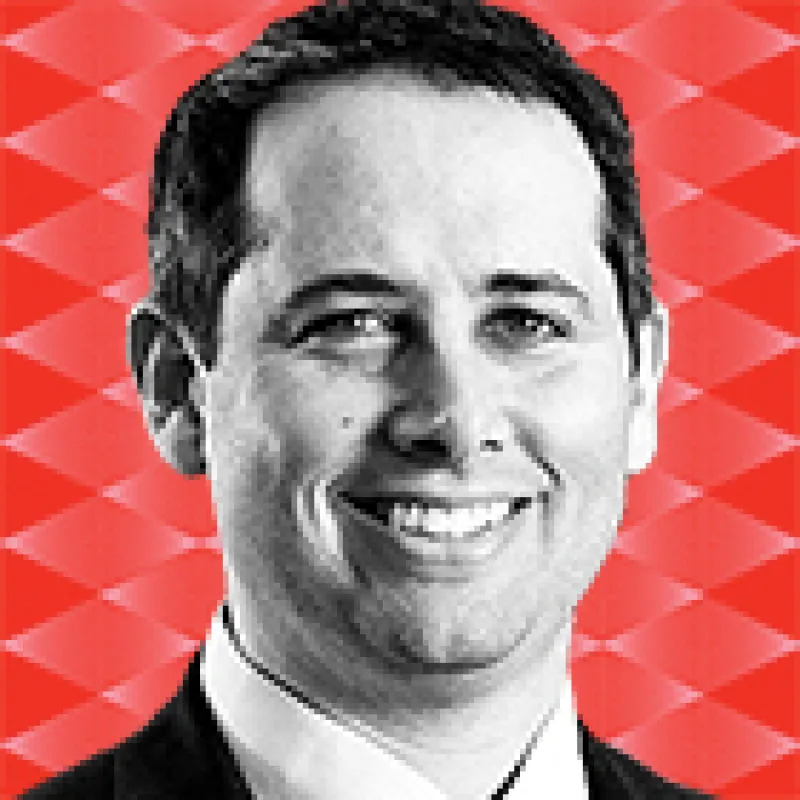
2015 All-America Research Team: Biotechnology/Mid- & Small-Cap, No. 3: Cory Kasimov
Debuting in the No. 3 position in this new sector, which is carved out of the previously broad Biotechnology category, is Cory Kasimov.
Tyler Davies
October 7, 2015


